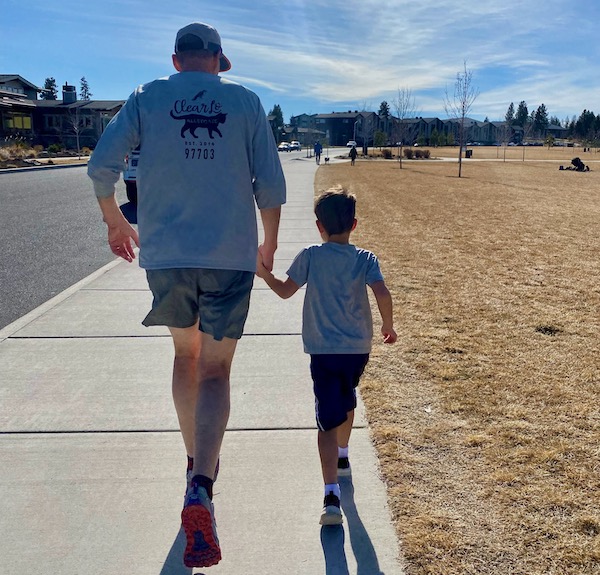
I could tell Luke, our then-four-year-old neighbor, was trying to work out something by the intent, scrunched-up look on his face. He and his sister, nine-year-old Delilah, loved to come to our new house in Bend because it had three stories, and theirs was a single level. They loved all the stairways and hidden rooms. Sometimes they came over to do crafts with Francie or to make bread with me, but other times just to tear around the house. On this particular day, Luke was curious. “Where are your boys?” he asked. He knew we had sons, but he hadn’t ever met them. “Our boys are older and they have jobs. They live in different cities, in houses of their own,” I explained. His face grew sad as he processed these data. “Oh darn. That means you’re old, and you’re gonna die, and I really like you.”
At first, I was taken aback. Talking about death is not something that’s common in our culture and that’s really too bad because our awareness of death—and the fact our time is limited‑—is often what gives life its deepest meaning. Luke, at four, had already lost older family members, and was maybe more accustomed to death than most his age. He was certainly more matter-of-fact about it than a lot of people I know.
Once, when I noticed their dog Swiss was getting on in years, he helped me to understand the situation. “We had another dog before,” he said. “But he got old and died and went in the fire, like Grandpa.” I translated in my mind that this wasn’t a theological assessment by Luke, just a description of cremation.
I’ve been thinking about death lately. Not only because of this conversation with Luke but because my mother died three years ago and her passing still remains vivid for me. Maybe, in how she died, she was leaving us an example that we can choose to follow when our time comes.
As a child, whenever I was sick my mom would grab her big white faux fur coat and curl up on the floor by my bed and spend the night there, keeping eyes and ears on me to make sure I was okay. One of the first times she did this, I was unaware of her presence. I awoke, feverish and wanting a drink. Swinging my feet to the floor, I hit something warm and fuzzy that moved. In my impaired state, I thought a polar bear was about to eat me! Once I stopped screaming and realized it was my mom, I was touched and comforted by her presence. To me, that’s what a mom was all about, that quiet, enduring attendance that marks and keeps an eye on so many of our most vulnerable moments. This was in a time before baby monitors, so sleeping on my floor was her way of keeping tabs on me, and a sign of love I never forgot.
By the time she was eighty-six, though, she was done with life. She did not live in a state where assisted suicide was legal, and even if she had, she would not have qualified as she didn’t have a diagnosis of a terminal illness, though she had lost most her sight to macular degeneration and suffered the ravages of diabetes. She was not depressed, but had gotten to the point where her body didn’t provide a quality of life she was willing to accept. So many of us cling to life, only to end up with a miserable existence in some sterile institution; she simply wasn’t willing to settle for that.
As her eyesight degraded, she made no secret of the fact she did not want to continue to live once her quality of life deteriorated. She told us she would let us know when the time was approaching. She still loved reading and gardening, and though the vision loss meant she now listened to the radio and audio books more, she’d still haul out her magnifying glass for her beloved Sudoku puzzles.
When we got the call in September 2020, we drove across the country to stay at Nexus, the net-zero house she had built in the hills outside Williamsburg, MA. My brother and his wife Monica drove down from Maine, and my sister Kathrin and her children popped in to be with Mom during the days as their farm chores allowed. Mom went about her daily routine, apart from sessions with me as her executor, taking me through her files and finances and explaining her system. While it was a paper-based system, she was very organized. She had receipts for her extensive collection of art and jewelry, and had made specific bequests of some pieces to friends and family.
Mom’s exit plan was to use her diabetes to take her out. She’d read an article online about a person who’d done the same and thought the idea was brilliant. She would host a big dessert party at which she’d gorge herself on all the sugary pastries she’d denied herself since developing diabetes until she went into a diabetic coma and left us. When this didn’t work, she simply stopped eating and drinking.
I can’t imagine the determination it takes to stop eating and drinking altogether, but she has always been very determined and disciplined, some of which I inherited from her. We tried to eat mostly cold food, takeout, and leftovers to make this process a little easier for her. As she weakened, she spent more time in bed in her room, listening to the radio and we visited with her there.
As Mom’s condition deteriorated, we ended up taking turns with her. Jeff would go down to the master bedroom and spend time with her on her bed in the evenings— Mom was always a night owl— and then stay in the living room just outside her room until midnight. At midnight, I would go down to sleep on the living room couch, so I was close enough to be available.
On the evening of Oct. 29, for reasons I still don’t fully understand, I took a sleeping mat and put it on the floor beside Mom’s bed on the left side, where she slept, and curled up there next to her. Her sleep was fitful that night, with several starts and changes in breathing. About 2 am, I heard her give a little snort. As I waited for her breathing to resume as it had previously, I realized she was gone.
For all the times she had slept on the floor by my bed when I was a child, keeping watch over me, I was happy to have been the one keeping watch on the floor beside her bed for her last night on earth. I felt blessed to have had that experience, and that life had come full circle. It had taken twenty-one agonizing days, but she’d succeeded with her plan.
My mom, Claire Bateman, was an amazing woman, some details of which I didn’t learn until her death, hearing back from people in her contacts when we sent them the announcement of her passing. If it’s true that we die the way we live, then Claire did so in spades—on her own terms.
We all know that we’re going to die, we just don’t know when. So make sure that you live a life that increases the odds of a long and healthy life, and also a life that includes things you get done sooner rather than later. Remember to touch the lives of those around you in a way that, when they find out how old you are, they realize that they will miss you when you go, like Luke appreciates us.
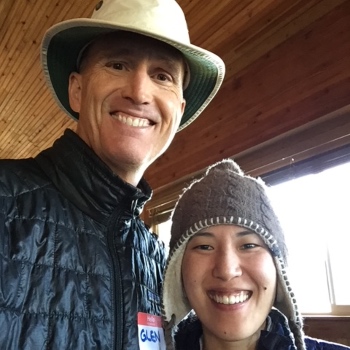
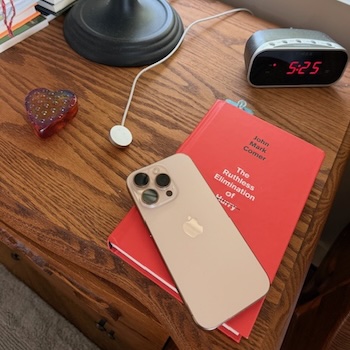
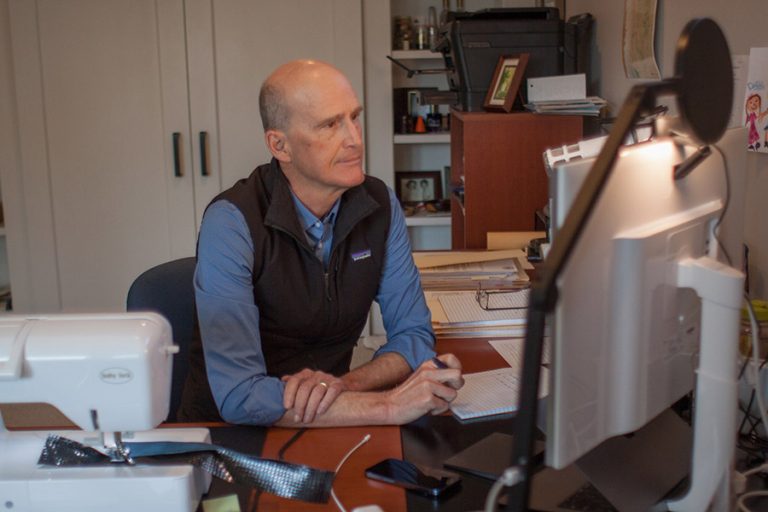
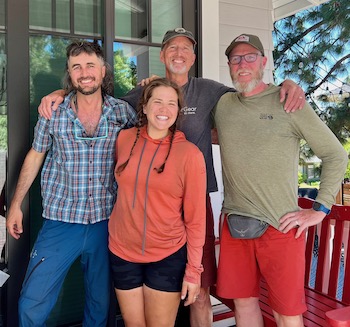
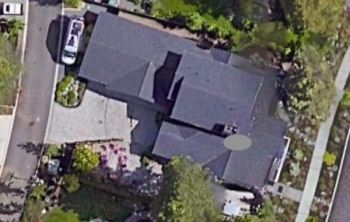
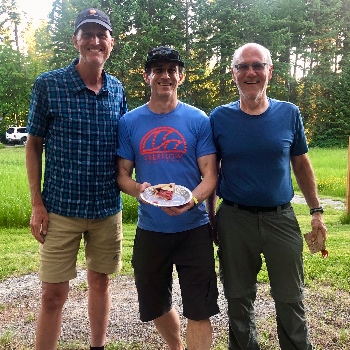
Nice to read, Glen. I thought about Claire too on 10/30/20. Still miss her, think of things I wish I could show her. Thanks for writing about that time.
Poignant and thought provoking. To be next to her for the last breath…whoa.
Beautiful post, thanks for sharing. I was with my mom for her last breath as well. Haunting moments but I am glad I was there.
I’m glad we share that!
I remember your journey vividly. As usual, you and Francie both continue to inspire me to enjoy the gift of every day and to give more than I get.
Thanks for walking so much of our journeys with us!